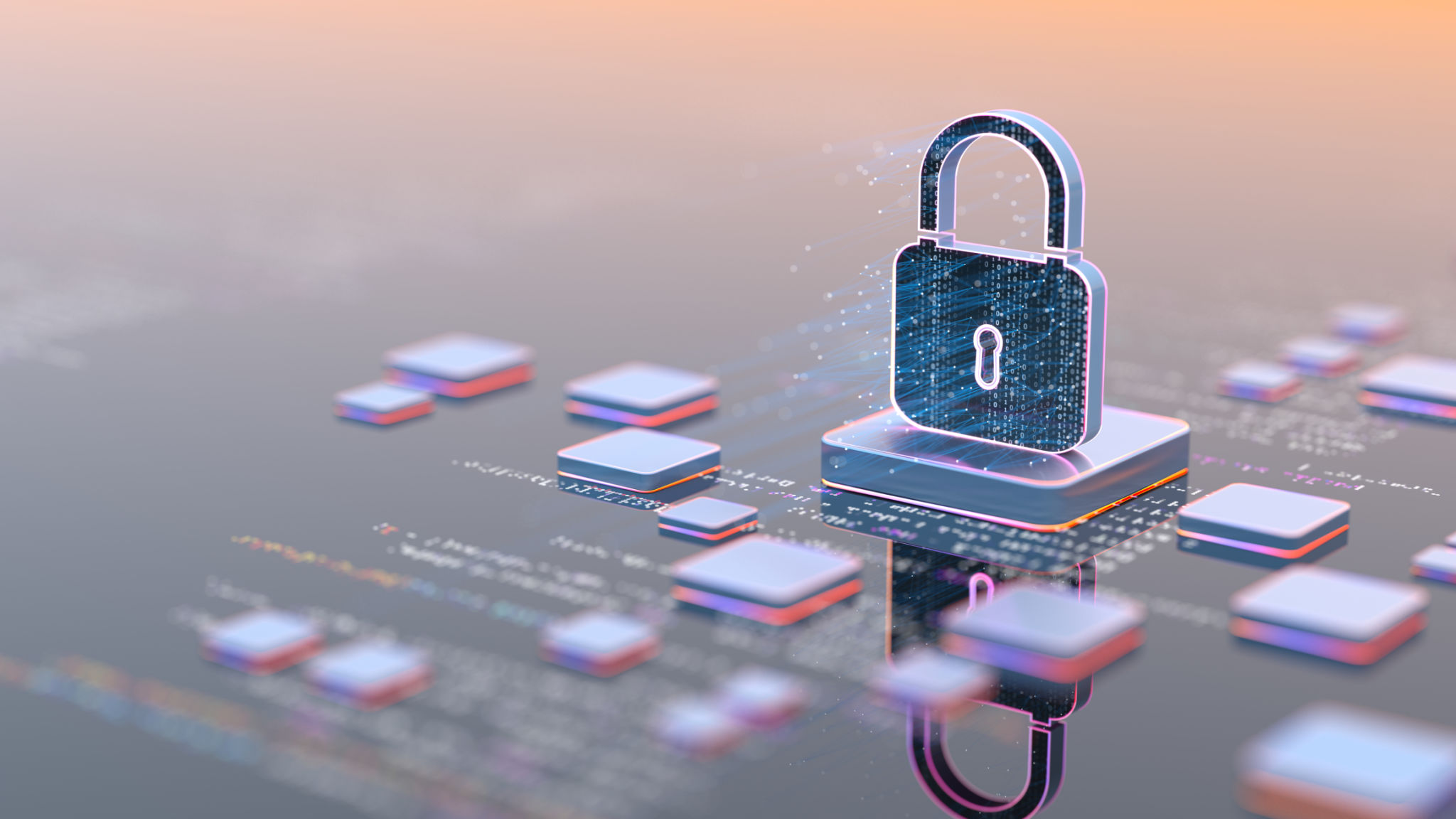Innovative Trends in Cybersecurity: What Businesses Need to Know
SM
Understanding the Changing Cybersecurity Landscape
As businesses continue to embrace digital transformation, cybersecurity remains one of the biggest challenges they face. New threats are emerging every day, and staying ahead requires a keen understanding of evolving technologies and security measures. By keeping up with the latest cybersecurity trends, businesses can better protect their sensitive data and critical systems.
One of the most impactful developments in cybersecurity is the growing use of artificial intelligence (AI) and machine learning (ML). These technologies enhance threat detection by identifying patterns and anomalies in real time, allowing for a quicker response to cyberattacks before they cause significant damage.

The Growing Adoption of Zero Trust Architecture
Traditional security models often assume that everything within a corporate network is safe. However, with remote work and cloud-based operations becoming the norm, this assumption is no longer reliable. That’s where Zero Trust Architecture (ZTA) comes in.
Zero Trust operates under the principle of "never trust, always verify." Every user, device, and application attempting to access company resources must undergo strict identity verification, whether they are inside or outside the network.
Key components of Zero Trust include:
-Continuous monitoring of user activity and authentication.
-Micro-segmentation to prevent lateral movement in case of a breach.
-End-to-end encryption to protect sensitive data from unauthorized access.
Quantum Computing and Its Impact on Cybersecurity
While still in its early stages, quantum computing has the potential to transform cybersecurity. Currently, encryption techniques rely on mathematical problems that take conventional computers years to solve. However, quantum computers will be able to process these calculations in seconds, potentially rendering current encryption methods obsolete.
To stay ahead, cybersecurity experts are working on quantum-resistant encryption algorithms that will make sure data remains protected in the future. Companies that handle highly sensitive information should start considering post-quantum security strategies now.

Strengthening Cloud Security Measures
With businesses increasingly relying on cloud-based platforms, securing cloud environments has become more important than ever. Cybercriminals often target cloud systems, looking for vulnerabilities that could expose company and customer data.
To improve cloud security, businesses should:
-Enforce strict access controls and multi-factor authentication (MFA). - Conduct regular security audits and compliance checks.
-Use encryption to secure data both in storage and during transmission.
By implementing these measures, organizations can reduce their risk of data breaches and maintain the integrity of their cloud infrastructure.
Blockchain: A Game-Changer for Cybersecurity
Blockchain technology is best known for powering cryptocurrencies, but its applications in cybersecurity are expanding. Because blockchain creates decentralized and immutable records, it can be used to improve data security and prevent fraud.

One of the most promising applications is in digital identity verification. By using blockchain-based identity systems, businesses can improve security, reduce identity theft, and simplify authentication processes for users and devices.
Preparing for the Future
As cyber threats continue to evolve, businesses must stay informed and proactive in their security efforts. Investing in cutting-edge cybersecurity solutions and adopting best practices will help organizations mitigate risks and protect their digital assets.
Cybersecurity is not just an IT concern—it’s a business priority. Companies that prioritize security will not only protect their operations but also build trust with their customers and partners. By staying ahead of these emerging trends, businesses can navigate the complex cybersecurity landscape and ensure long-term success.
